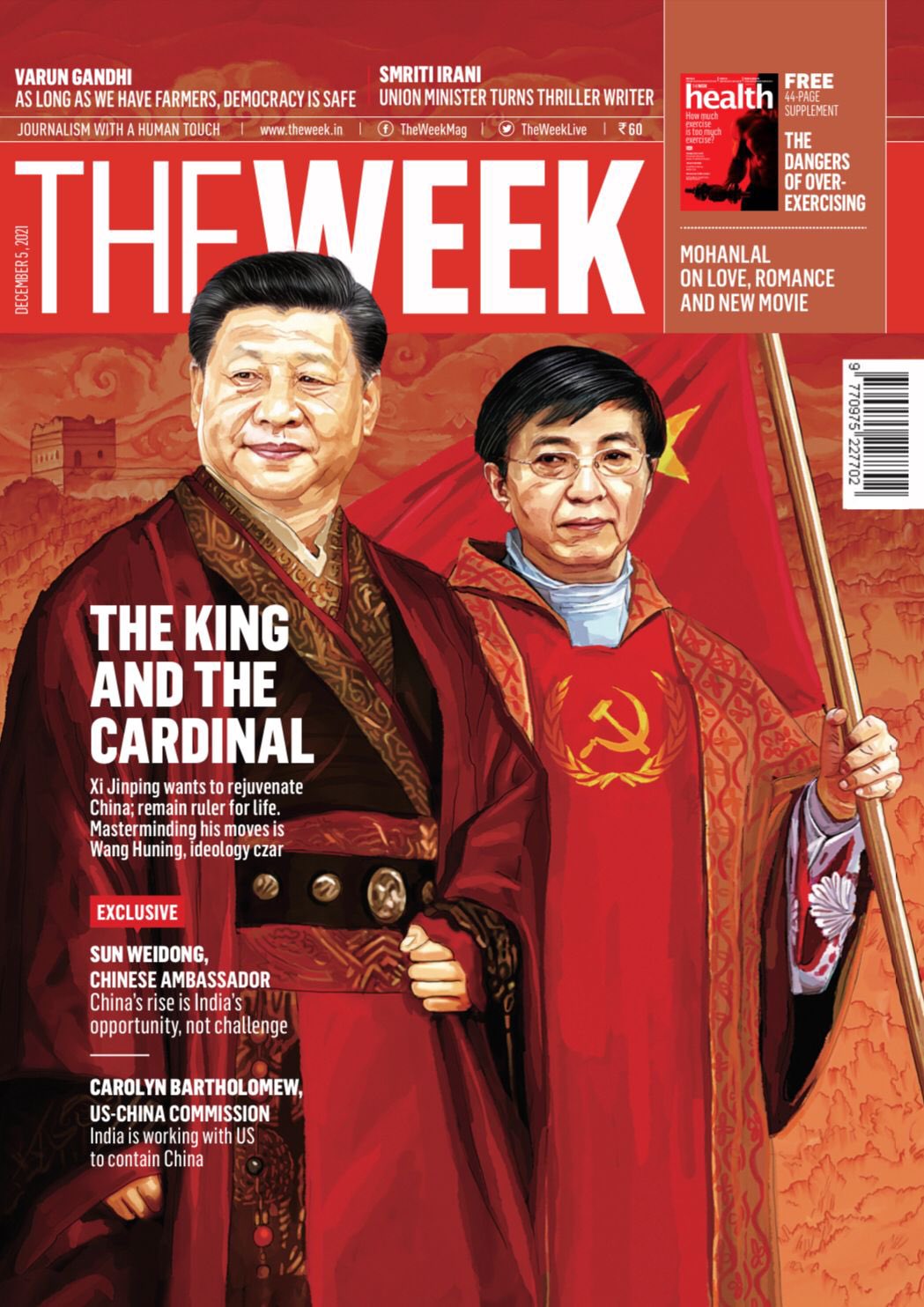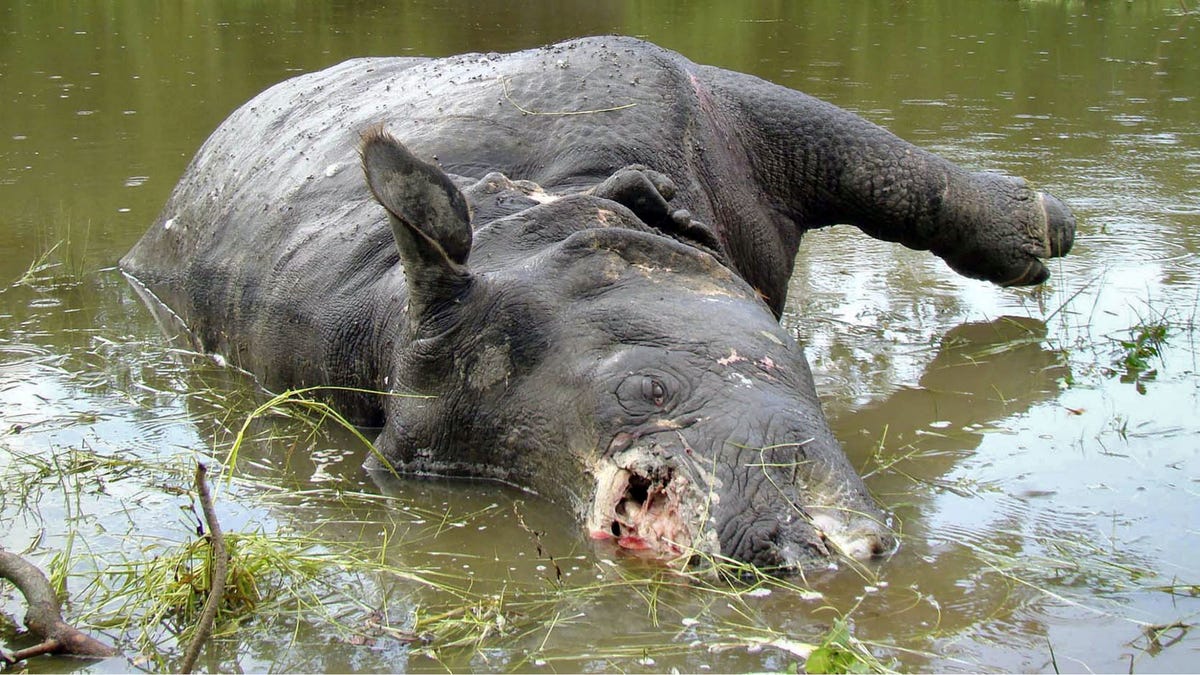One very good source is straight from the horse's mouth, in the form of the cultural observational travelogue of
Wang Huning, currently #4 in the CCP hierarchy. A dorky Chinese figure, Wang is a lot bigger than just this though, he has been the most influential intellectual in China over the last several decades, having been the leading adviser to the last 3 Chinese presidents, and even more closely so to Xi Jinping. Some observers have opined that he might have been the most influential intellectual in the world this century, defining the cultural and political matrix of the CCP.
Wang travelled extensively in the West and the US as a young up and coming political science scholar, he published a short book based on these travels and interactions he has had in late 1980s America, when China had the same GDP per capita as Haiti and the US was at its peak but already showing some social strains.
That book, titled America Against America, is an astute outsider cultural critique along the lines of de Tocqueville's Democracy in America in which Wang marvels at the American economic engine but is also very critical of structural economic and social problems, he practically foresaw the descent into American culture wars and the flaws of the Boomer mindset and rise of wokeism 4 decades ago, which is pretty remarkable for a complete outsider.
PDF of the book (unofficial translation from Mandarin) :
Here's a good review of Wang's America Against America (not mine) :
The end of the family means the end of America: a Chinese perspective.
Wang Huning, a close advisor to Xi Jinping and a 4th ranking member in the Communist Party of China spent a year traveling across America and documenting its conditions in a book called America Against America. He maintained an objective and open view towards Western democracy and capitalism, emphasizing the importance of leaving dogmatism behind to seek truth among facts.
The last chapter was dedicated to the primary issues threatening the future of America.
The first and most important point he noted was the disintegration of the family. He also went on to talk about
the drug crisis and spiritual crisis. I highlight the main points below:
1.
Individualism is valued above the family.
Even within the family, the individual takes priority over the family as a whole. Husband and wife maintain private lives from each other, something not common in China, and the privacy of the parent and child is maintained over a cohesive and shared environment between all. An example of this today is the child adopting a completely unique identity in school, protected by liberal teachers. Another example, in the opposite direction and specifically noted by him, is keeping babies in different rooms as early as possible, for parents to maintain their own independence.
2.
Children are encouraged to be independent and leave home as early as possible while maintaining little bonds with parents. As a consequence, many old people remain alone and subject to seek elderly care from outside of the family.
3. Aside from very rich families,
families tend to not care who their child dates or marries.
In fact, the families are expected to not have any say in this.
4.
The loose family structure has also resulted in what he called "stray youth."
These youth do not participate in larger family problems and tend not to feel an obligation to take part in resolving familial issues.
The comfort of the individual is exalted over duties towards family. For this, they become strays without any organic ties to the world.
5.
Drugs. Not much to say. We all know what this issue is. China broke away from it's drug issues. America is still stuck in it and everyone is in denial.
6.
Hypersexuality and feminism.
Wang ties these two phenomena to
the American disconnect from its own Western heritage, specifically classical literature, music, and other long-standing and historic developments of culture. He notes that
the diversity and inclusion project can't cope with the reality that Western classics which defined the trajectory of Western culture are largely creations of men, for better or worse. To better integrate women, classics have to be rejected. Further,
happiness is found through immediate carnal gratification and relaxation. Because people have sex much earlier in their lives compared to people in China, and without any commitments,
the emotion of love becomes indifferent and alienated.
He goes on to cite other specific issues regarding homelessness, gangs, as well as Black and Indigenous struggle.
The book was released in 1991 and since then, things have become far worse than any observations he made.






